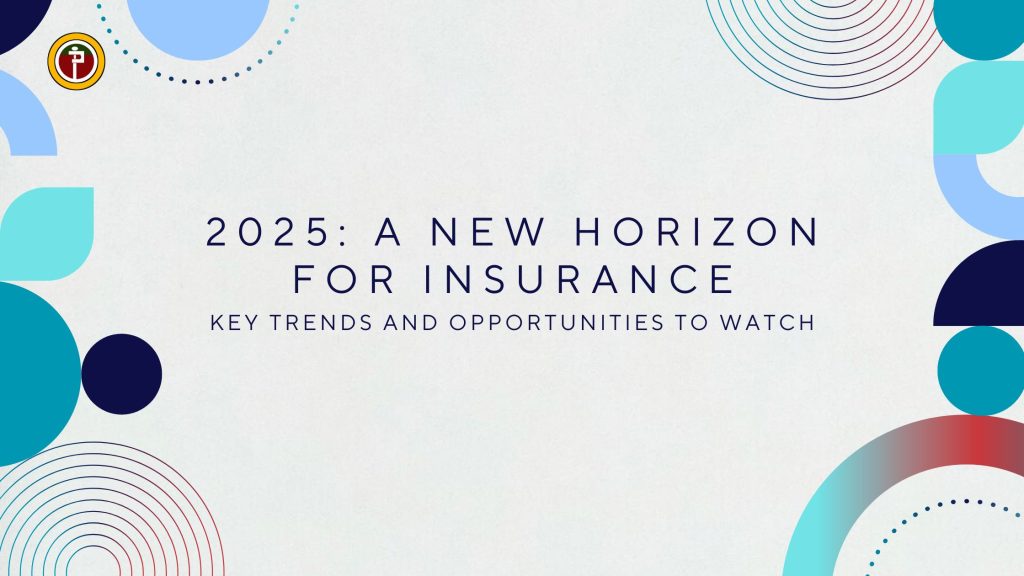As 2024 draws to a close, the insurance industry stands on the brink of transformative growth in 2025. This shift is driven by evolving consumer needs, technological advances, and regulatory developments. For Nigerians and global businesses alike, the upcoming year offers key opportunities to embrace new areas of demand, meet emerging challenges, and create more tailored products that align with a rapidly changing world.
Also read:
8 Red Flags to Identify a Struggling Insurance Company
Debunking Common Insurance Myths
Common Pitfalls in Insurance Claims and How to Avoid Them
1. Sports Insurance: Covering a Booming Industry
The global sports industry has seen explosive growth, both professionally and recreationally, creating an unprecedented demand for insurance coverage that addresses the unique risks athletes and organizations face. This includes athlete injuries, event risks, and organizational liabilities, making sports insurance a critical growth segment for insurers.
In 2025, insurers that offer comprehensive sports insurance packages will find fertile ground, particularly as Nigeria’s sports scene grows and continues to capture national and international attention. From local leagues to large-scale sporting events, the need for specialized sports insurance coverage is set to become a standard in the insurance portfolio.
2. Cybersecurity and Cyber Insurance: Fortifying the Digital Frontier
With businesses and individuals increasingly dependent on digital platforms, cyber threats have grown in both frequency and complexity. In Nigeria and across the globe, the surge in remote work, digital transactions, and e-commerce activities has made robust cybersecurity a necessity. As cyber risks escalate, cyber insurance is poised to become a primary growth area in 2025.
Comprehensive cyber insurance policies protect businesses from financial losses caused by data breaches, ransomware, and other cyber incidents, making them invaluable. Insurers investing in well-rounded cyber insurance products, coupled with strong risk mitigation services, can capture a rapidly expanding market. Cyber insurance in 2025 will be less of a luxury and more of an essential part of business continuity planning, making it an area of significant opportunity for forward-thinking insurers.
3. Automation: Enhancing Efficiency and Customer Satisfaction
Automation has revolutionized how industries operate internally, and insurance is no exception. By investing in automation powered by AI and machine learning, insurers can achieve faster claims processing, accurate underwriting, and streamlined policy management. This approach doesn’t just lower costs; it improves customer satisfaction by delivering faster, more precise services.
For insurers, adapting to digitalization is key to remaining competitive. As customers increasingly seek swift, convenient services, insurers who embrace digital transformation will have the advantage. In 2025, companies that prioritize speed, accuracy, and seamless digital experiences through automation will stand out. Those who lag in adopting these technologies may struggle to retain customer loyalty in a marketplace that prioritizes efficiency and tailored solutions.
4. Sustainability and Climate Risk Insurance: Building Resilience Amid Environmental Changes
As climate change brings more extreme weather, demand for climate risk insurance is on the rise. For Nigeria, this includes addressing the impacts of floods, droughts, and other severe weather events that affect property and crop insurance.
In 2025, the insurance industry’s focus on sustainability will intensify, particularly regarding environmental, social, and governance (ESG) criteria. By integrating ESG principles into underwriting and investment strategies, insurers can better manage climate-related risks and appeal to eco-conscious consumers.
Offering climate risk insurance policies isn’t just a growth area; it’s a chance for insurers to support resilience and foster a sustainable future. In regions like Nigeria, where climate challenges directly affect communities and businesses, the availability of comprehensive climate-related insurance will be essential for long-term stability.
Looking Ahead
As 2025 approaches, insurers are presented with significant growth opportunities across multiple domains. By responding to these emerging trends, insurance providers can strengthen their market position and deliver more value to clients. Insurers who embrace these changes are positioned to lead in a highly competitive landscape, while those who remain stagnant risk being left behind.
For Nigeria’s insurance industry and its global counterparts, 2025 promises to be a year of evolution, driven by innovation, resilience, and a commitment to meeting the needs of an ever-changing world.




